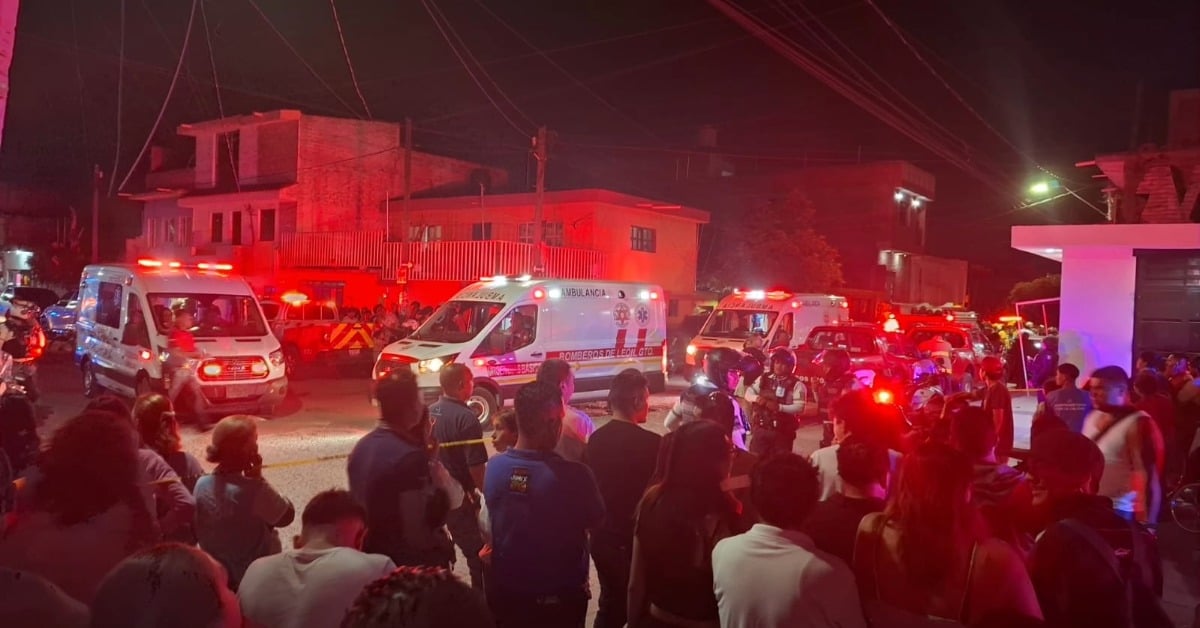A gas tank explosion in León's Lourdes neighborhood injured nine people and damaged homes, raising concerns over residential gas safety and infrastructure . . .

A gas tank explosion in León's Lourdes neighborhood injured nine people and damaged homes, raising concerns over residential gas safety and infrastructure . . .
